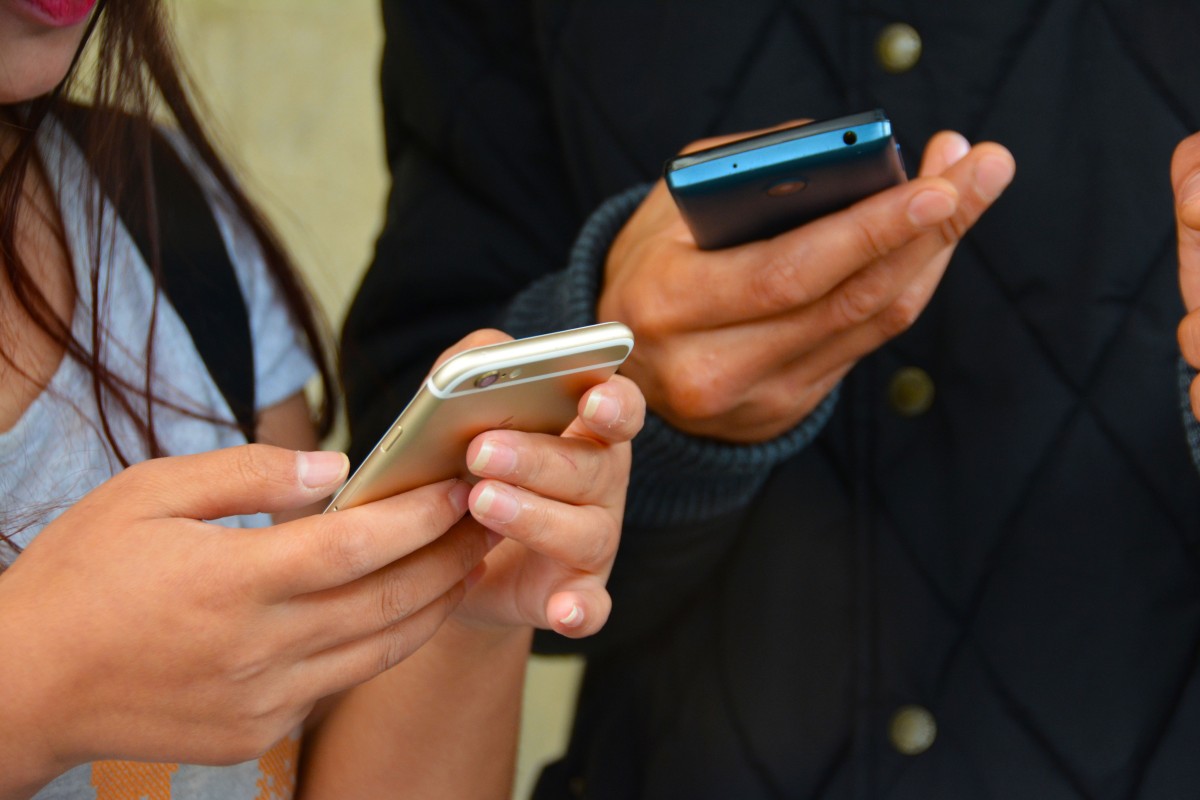News release
From:
Appointment reminders encourage COVID-19 vaccination uptake
Text-based reminders delivered to individuals after they are notified of their eligibility for a COVID-19 vaccine can boost appointment and vaccination rates, according to a paper published online in Nature. The study also found that using language that makes people feel that the vaccine is already theirs further increased appointment and vaccination rates.
Ending the COVID-19 pandemic will require quick and effective strategies to overcome the reticence of citizens to get vaccinated. Daniel Croymans, Hengchen Dai, Silvia Saccardo and colleagues investigated whether encouraging people to get vaccinated, using carefully tailored text messages, could increase the uptake of COVID-19 vaccines.
The authors carried out two randomized controlled trials that enrolled 93,354 and 67,092 participants, respectively, within a healthcare system in the United States. All of the participants were qualified for the first wave of vaccine eligibility. Participants who were assigned to receive messages did so one day after they were notified of vaccine eligibility in the first cohort, and eight days after notification of eligibility in the second cohort. These individuals either received a basic message telling them that “you can get the COVID-19 vaccine at UCLA Health”, or were informed that the vaccine had “just been made available to you at UCLA Health” and encouraged to “claim your dose today” — a message designed to enhance feelings of ownership towards the vaccine. The authors found that messages after one day increased appointment rates (the number of people who scheduled a vaccination appointment within six days of the text reminder) to 13% and vaccination rates (the number of people who were vaccinated within four weeks of the reminder) to 17% — an increase of 6.0 percentage points and 3.6 percentage points, respectively, relative to the subgroup with no reminders. The language designed to induce feelings of ownership enhanced this effect relative to the basic reminders. However, the authors found that adding information addressing vaccine hesitancy — a link to a two-minute video on COVID-19 and vaccine effectiveness — produced no additional benefits.
In addition, the authors conducted three online studies to measure how these interventions would affect people’s intention to get vaccinated. The results did not match the behaviour observed in the randomized control trials: instead, a video intervention slightly increased people’s increase in getting a vaccine, whereas adding ownership language to text message reminders did not affect vaccination intentions.
The authors conclude that a simple message using behaviourally informed language is an effective way to help people overcome the barriers to scheduling their first dose of the COVID-19 vaccine. In the authors’ cohorts, most people who scheduled an appointment for their first dose showed up, and also made an appointment to receive the second dose. Although text messages are not the only strategy for motivating vaccinations, the authors argue that they are worth adding to the toolbox for policymakers to use to deal with the challenge of widespread vaccination because they are low cost and can have a notable effect.



 International
International



